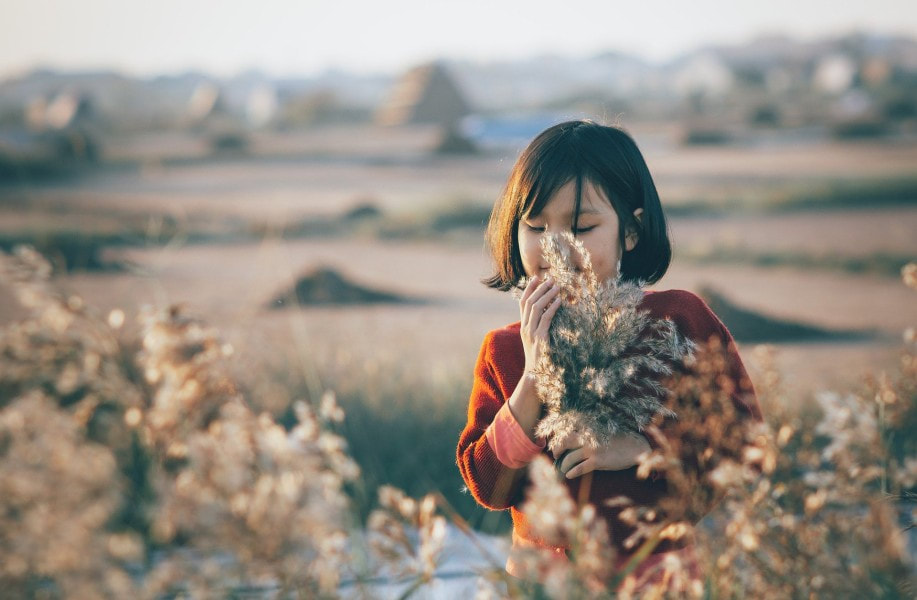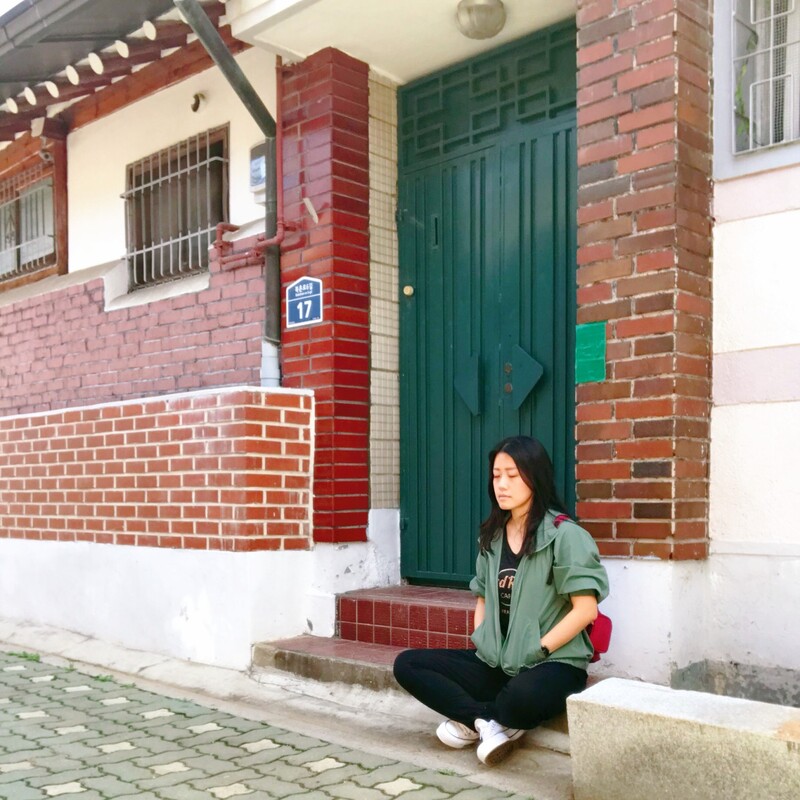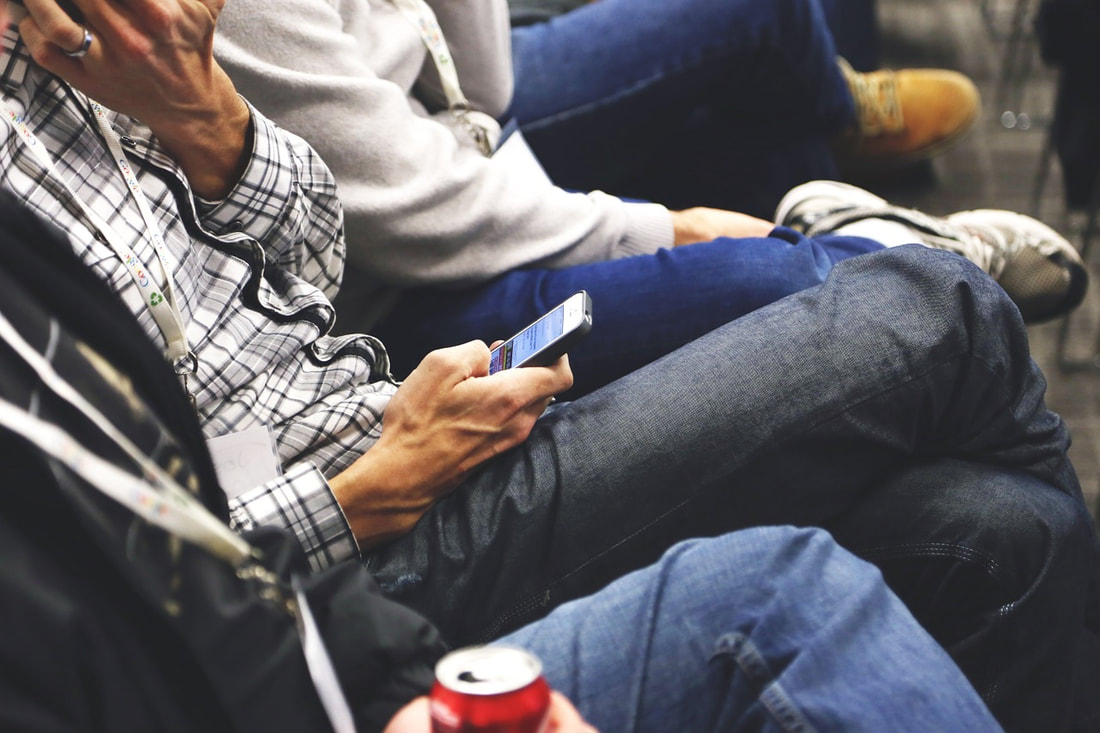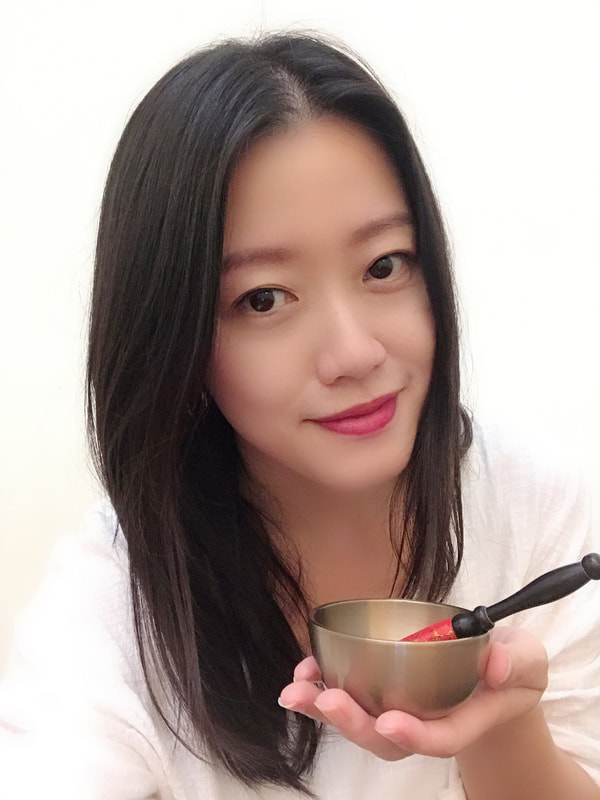|
This article was originally published on LinkedIn on 12 February 2020. To all who have taught me love - family, friends, lovers, and strangers, I wanna thank you. Thank you, for coming into my life, for staying, for leaving, for returning. Thank you, for making me laugh like I have never laughed before. Thank you, for making me shed tears I never knew I had. Thank you, for choosing to put aside your phone just to be present with me. Thank you, for awarding me a genuine smile each time I see you. Thank you, for wondering if I needed something while you were getting one for yourself. Thank you, for leaving me a random message, just to check in on me. Thank you, for keeping an eye out for an empty seat for me, after I had offered you mine. Thank you, for pointing out my shoelaces were undone, even though I had never spoken to you before. --- Thank you, for offering to show me the way. Thank you, for syncing your footsteps with mine, as we walk down familiar paths. Thank you, for that brief moment of touch, from which I felt your warmth. Thank you, for asking permission. Thank you, for asking for my opinion. Thank you, for trusting me with your deepest secrets. Thank you, for not saying anything, when you sense there are no need for words. --- Thank you, for forwarding a poem or article to me, when you think I might enjoy reading it. Thank you, for sending me photos of your travels, during your travels. Thank you, for taking all those pictures of me. Thank you, for looking into my eyes, and for letting me look into yours. --- Thank you, for asking how I'm feeling today. Thank you, for reminding me to travel safe, rather than berate me for being late. Thank you, for teaching me to slow down, when the world is moving too fast. Thank you, for telling me to take as long as I need. Thank you, for inviting me into your space. Thank you, for reminding me that perfection doesn't exist, and I am okay just the way I am. Thank you, for saying you will never hurt me. Thank you, for saying you will always be my sanctuary. --- Thank you, for helping me peel off those masks. Thank you, for making me a better person, in one way or another. Thank you, for raising your voice that day, which made me realize that all you wanted was to be heard. Thank you, for reaching into the depths of my anger to reveal that it was only fear. Thank you, for showing me that underneath the need to control, lies a desire to care. Thank you, for taking such good care of yourself, for fear of pulling me down with you. Thank you, for saying that you are learning to love, without the need to be loved back. --- Thank you, for telling me what you want your funeral to look like, and how your ashes are to be taken care of. Thank you, for including me and my loved ones in your well wishes. Thank you, for all the heartfelt words you have said. Thank you, for telling me about your boundaries, and asking me about mine. Thank you, for just listening. Thank you, for making me feel safe. Thank you, for your patience, for letting me be. Thank you, for cheering me on, even when you have no idea what is going on. --- Thank you, for assuring me it is okay if I don't want to share my thoughts. Thank you, for saying good-bye, even though you don't have to. Thank you, for allowing me to say good-bye, and sometimes make a silent exit. Thank you, for reminding me that this may be the last time I see you. Thank you, for reminding me this isn't the first time I've met you. Thank you, for the many, many lessons on love. -----
0 Comments
In the Mindful Musings series, MiMo Founder and Mindfulness Coach Erin shares her personal thoughts and views about the practice of mindfulness. I like to observe the environment around me, especially when I'm commuting from one place to another on the train. One thing I notice is how as a society living in crowded spaces, our physical bodies are so close in proximity to one another - sometimes in an almost smothering way during the peak hours, but our mind is often miles apart, not just from person to person, but also from ourselves. As I scan the space around me on the train, I find it interesting that the first thing I see would always be the crown of people's heads. Everyone would be looking down at their phones - either busy replying to messages, or browsing the web, or playing a game. Occasionally, they would look up to check which station the train was at, and then resume to bowing down to their gadgets again. Their attention would almost never leave the screen in front of them. I would then look more closely at their faces and expressions, and what I often recognize is a shared sense of deep-seated exhaustion - perhaps leftover from a day of working and firefighting, or from a lack of restful sleep at night, or from some personal troubles. I would think, if people are so tired, why don't they close their eyes and rest for a while? Why do they choose to have an external object drain more energy from them? Perhaps they don't want to know how tired their body feels, or they dread facing how much is on their mind, so watching a random video on their Facebook feed would obviously be a much "easier" option. As a society, we are collectively exhausted, and we don't know it. Or rather, we don't want to know it. We are living in a world full of external objects that stimulate the mind, and we have gotten so used to being absorbed in them or using them as a distraction, that we no longer have the capacity to turn our attention inwards to tend to what's going on inside us. Keeping ourselves occupied with something, even when we don't need to, seems to be much more accessible than just sitting and being with ourselves. But what we are giving up in exchange for a coping mechanism masked as a temporary relief from having to confront our exhaustion, is the opportunity to know the mind and body for what they are, and how they are doing. In the practice of mindfulness, we train ourselves to constantly turn our attention inwards to observe the mind and body. Being mindfully aware of what's going on inside us may seem counter-intuitive at first, since we instinctively want to avoid or fight off anything that feels unpleasant or negative to us; but when we are able to rest our attention inwardly, we can then recognize what the body is being put through, as well as understand what the mind may be unnecessarily holding on to, thus becoming better able to take care of ourselves. |
About The AuthorMiMo founder Erin Lee is a Mindfulness Coach and MBSR Teacher at Mindful Moments, and advocate of mindfulness as the way of life. She conducts the classic 8-Week MBSR Program, as well as the 8-Week MBSR Workplace Program. Categories
All
ContributeAre you a mindfulness practitioner and have meaningful experiences or thoughts about mindfulness that you'd like to share? You can contribute an article on the MiMo blog! Please contact Erin to find out more.
Archives
June 2021
|





 RSS Feed
RSS Feed